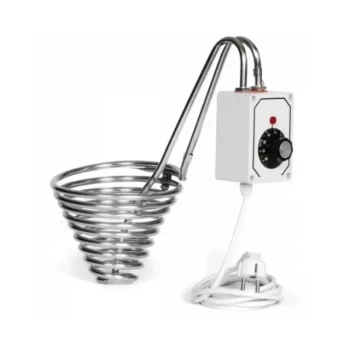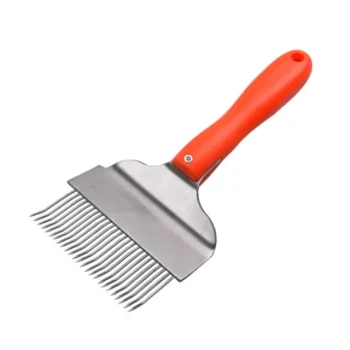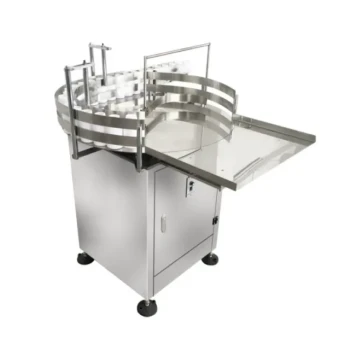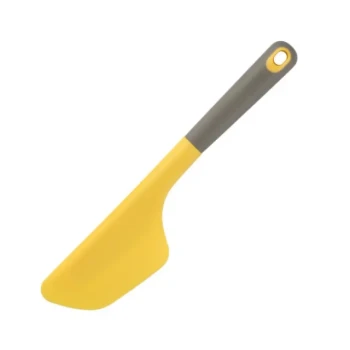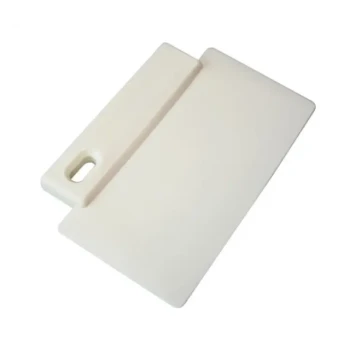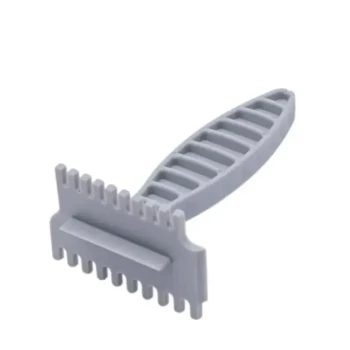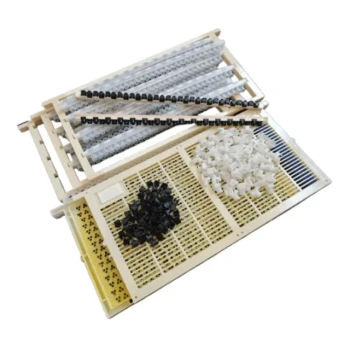To make a propolis tincture, you must combine raw propolis with a solvent, typically high-proof, food-grade alcohol. The mixture is then left to macerate in a dark place for at least two weeks, shaken daily to aid extraction. Finally, the liquid is strained through a fine filter to remove all solid particles, resulting in a potent tincture ready for storage and use.
The effectiveness of your final tincture is not determined by the recipe you follow, but by your understanding of two key variables: the solvent you choose (alcohol vs. oil) and the ratio of propolis to that solvent. These choices directly impact the tincture's potency and its intended use.
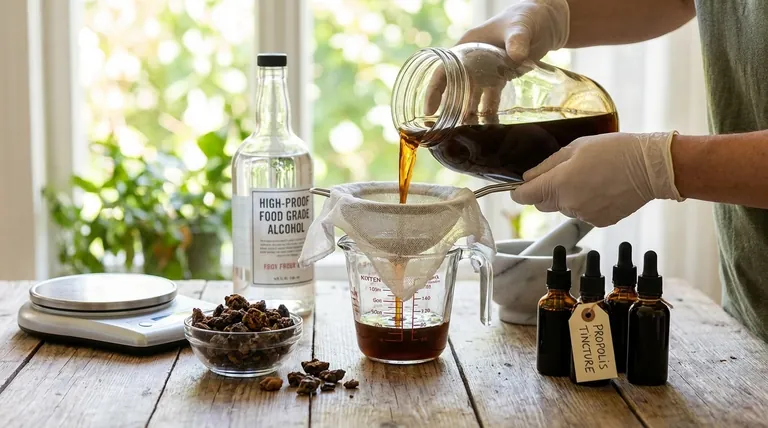
The Core Components: Ingredients and Tools
Before you begin, gathering the right materials is critical for creating a safe and effective product. The quality of your inputs will define the quality of your output.
Selecting Your Propolis
Your starting material should be as clean as possible. Use raw propolis collected from a hive, taking care to remove visible contaminants like wood chips, paint flecks, or bee parts.
The Solvent: High-Proof Alcohol
For a full-spectrum extraction, food-grade ethyl alcohol is the superior solvent. Its chemical properties are ideal for dissolving the wide range of resins, balsams, and flavonoids present in propolis.
Look for an alcohol concentration of 70% or higher (140 proof). Standard vodka or gin (typically 40% or 80 proof) is significantly less effective for this purpose.
The Alternative: Carrier Oils
If you need an alcohol-free preparation, you can infuse propolis into an oil like olive or coconut oil. Be aware that oil is a less efficient solvent than alcohol and will not extract the same breadth of compounds, resulting in a different and generally less potent final product.
Essential Equipment
The process is simple and doesn't require specialized lab equipment. You will need:
- A kitchen scale for accurate measurements.
- A glass jar with a tight-fitting lid.
- A fine-mesh strainer, cheesecloth, or unbleached coffee filter.
- A dark glass dropper bottle for final storage.
The Alcohol Tincture Method: A Step-by-Step Guide
This is the standard and most effective method for producing a high-potency propolis tincture for internal or topical use.
Step 1: Prepare the Propolis
Propolis is sticky and resinous at room temperature. To make it easier to handle and increase its surface area for extraction, freeze the raw propolis for several hours. Once it is hard and brittle, you can crush it into a coarse powder using a mortar and pestle or a dedicated blender.
Step 2: Measure and Combine
Precision is key to a consistent product. A common and effective ratio is approximately 1 part propolis to 3 parts alcohol by volume.
A precise starting point is 100 grams of propolis powder combined with 276 ml of 70% ethyl alcohol. Pour both into your glass jar.
Step 3: Macerate and Agitate
Seal the jar tightly and store it in a cool, dark place, like a cupboard. For the next two weeks, you must agitate the mixture by shaking the jar vigorously for about a minute once per day. This continuous agitation is crucial for ensuring the alcohol is fully saturated.
Step 4: Strain the Tincture
After two weeks, the liquid will be a deep, dark brown, and most of the beneficial compounds will have been extracted. Strain the liquid through a coffee filter or multiple layers of cheesecloth to remove all solid material. This process can be slow, so be patient.
Step 5: Bottle and Store
Transfer the finished tincture into a dark-colored glass dropper bottle. The dark glass protects the sensitive compounds from degradation by UV light. Stored properly in a cool, dark place, your alcohol-based tincture can remain potent for several years.
Understanding the Trade-offs and Risks
Making an effective tincture requires you to be aware of several critical factors that influence safety and potency.
Alcohol vs. Oil: Extraction Potency
There is no debate here: alcohol is a far more effective solvent for propolis than oil. If your goal is to create the most potent, full-spectrum product possible, alcohol is the only correct choice. Oil infusions are best reserved for topical applications where alcohol is undesirable or for those who must avoid alcohol entirely.
Why Alcohol Proof Matters
The water content in alcohol is important. A 70% alcohol solution (30% water) provides a balance that can dissolve both alcohol-soluble and water-soluble compounds in the propolis. Using very low-proof alcohol (like 40% vodka) will result in a significantly weaker extraction.
Critical Safety Warning: Use Only Food-Grade Alcohol
Never use denatured alcohol, rubbing alcohol (isopropyl), or methyl alcohol. These are toxic and intended for external or industrial use only. Ingesting them can cause severe illness or death. Your solvent must be food-grade ethyl alcohol, often sold as "grain alcohol" or "neutral spirits."
Be Aware of Potential Allergies
Propolis can cause allergic reactions in some individuals, particularly those with allergies to bees or bee products. Before using your tincture, perform a patch test by applying a single drop to your inner wrist and waiting 24 hours to check for any redness or irritation.
Making the Right Tincture for Your Goal
Your choice of method should be driven by your intended use case.
- If your primary focus is maximum potency for internal use: Use the high-proof (70% or 140 proof) alcohol tincture method for a full-spectrum extraction.
- If your primary focus is an alcohol-free product for topical use: The oil infusion method is a suitable alternative, but accept that it will be less potent.
- If you are a beginner making your first batch: Start with a small quantity and be meticulous about using a scale for measurements and verifying that your alcohol is food-grade.
By understanding these core principles, you can confidently create a high-quality natural product tailored precisely to your needs.
Summary Table:
| Key Step | Description | Key Consideration |
|---|---|---|
| Prepare Propolis | Freeze and crush raw propolis to increase surface area. | Ensure propolis is clean and free of contaminants. |
| Measure & Combine | Use a 1:3 ratio of propolis to high-proof (70%+) food-grade alcohol. | Precision is critical for consistent potency. |
| Macerate & Agitate | Store in a dark place for 2 weeks, shaking daily. | Agitation ensures the alcohol is fully saturated. |
| Strain & Bottle | Strain through a fine filter into a dark glass bottle for storage. | Protects the tincture from UV light degradation. |
Ready to scale up your production? Whether you're a commercial apiary or a beekeeping equipment distributor, HONESTBEE supplies the high-quality, wholesale-focused beekeeping supplies and equipment you need for consistent, large-scale production. From fine-mesh strainers to durable storage containers, we provide the reliable tools for your success. Contact our team today to discuss your wholesale needs and let us help you equip your operation for efficiency and growth.
Visual Guide
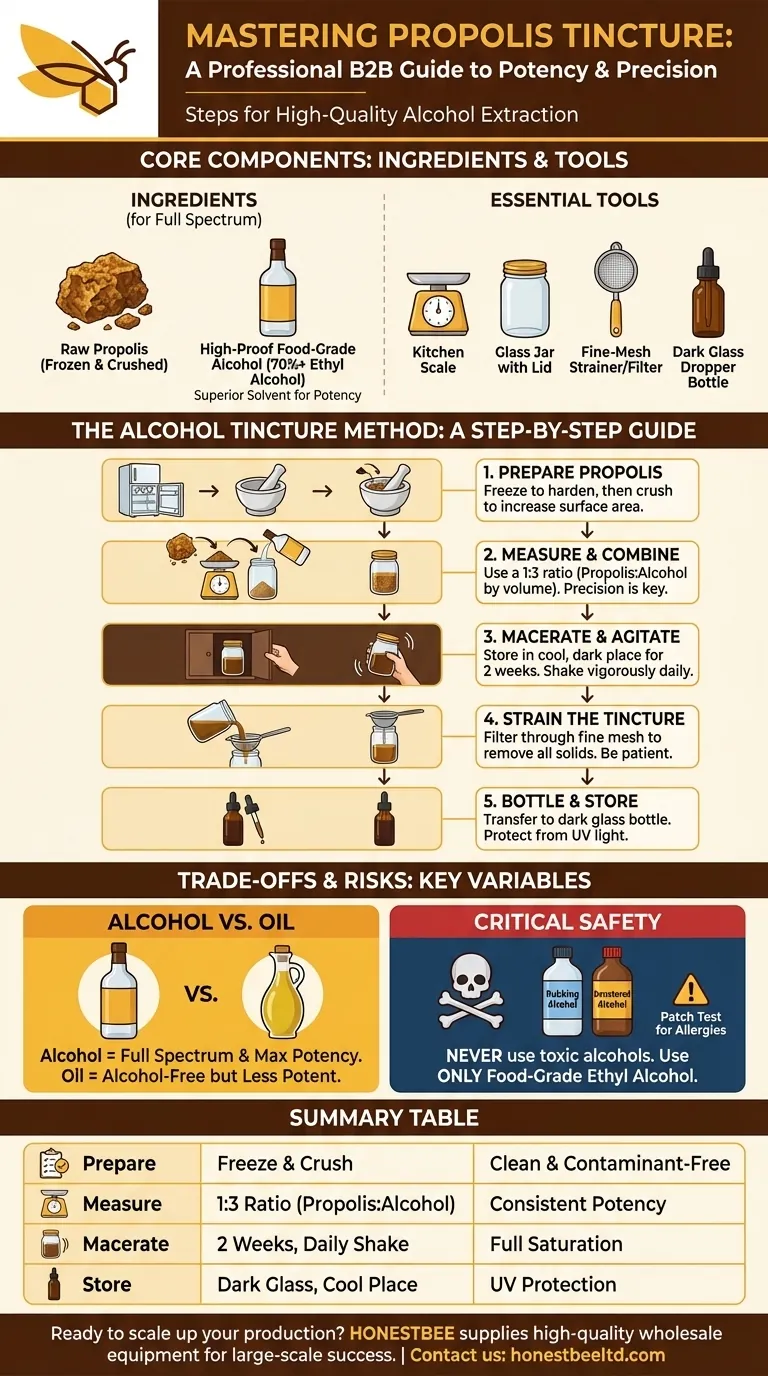
Related Products
- Professional Thermostatic Conical Honey Melter
- Electric Beeswax Flat Sheet Machine with Operating Tray for Wax Processing
- Honey Concentrating Vacuum Heating Thickening Machine Dehumidifier for Honey
- Professional Extra-Wide Uncapping Fork with Bent Tines for Beekeeping
- Plastic Chinese Queen Grafting Tool for Bee Queen Rearing
People Also Ask
- How often should propolis traps be harvested? Align with Bee Behavior for Optimal Yield
- Why are different specifications of laboratory filter paper used for EEP? Master Multi-Stage Propolis Purification
- What is propolis and how is it used in beekeeping? A Guide to the Hive's Natural Defense
- What are the technical advantages of using semi-rigid plastic mesh for propolis harvesting? Boost Purity and Efficiency
- Why are professional scraping tools necessary for collecting raw propolis? Ensure Purity & Efficiency in Your Harvest
- What are the steps to harvest propolis? A Guide to Sustainable Collection for Beekeepers
- How does the aperture size of elastic or plastic grids influence propolis purity? Optimize Your Propolis Collection
- What role do specialized propolis collection mats play? Unlock High-Purity Resin for Medical-Grade Apiculture
